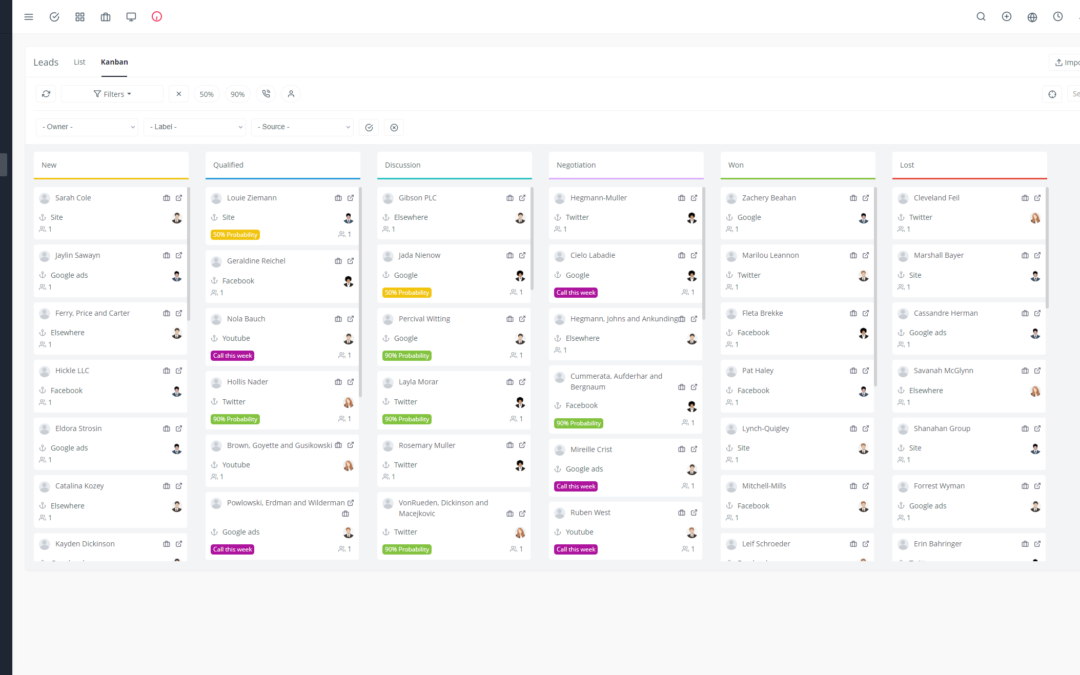Adopting an ERP like Yoneos represents a major investment for any company. Beyond its functional benefits, it’s crucial to consider the ethical implications that come with using this technology. This article guides you through the key points to consider for responsible and sustainable adoption of Yoneos ERP.
1. Data Privacy and Security: 🔐
Yoneos ERP stores and processes sensitive data about your customers, employees, and operations. Therefore, it’s essential to guarantee the security and confidentiality of this information.
Key Points:
Protecting Sensitive Data: Implement robust security measures to prevent data breaches, including data encryption, multi-factor authentication, and employee training.
Compliance with Regulations: Ensure that Yoneos ERP complies with data protection legislation requirements, such as the GDPR, in Europe.
Access Control: Implement strict access and privilege policies to limit access to sensitive data to authorized users.
2. Transparency and Traceability: 🔎
An ERP should ensure transparency and traceability of operations to maintain trust and integrity in business processes.
Key Points:
Audits and Logs: Make sure Yoneos ERP maintains detailed records of actions and changes made within the system.
Transparency of Algorithms: Understand how the Yoneos ERP algorithms make decisions and identify potential biases.
Information and Communication: Communicate openly and clearly with your employees and customers about how Yoneos ERP processes their data.
3. Impact on Employment and the Labor Market: 🧑💼
The automation of processes by Yoneos ERP can significantly impact employment. It’s important to prepare for this impact and manage this transition responsibly.
Key Points:
Reducing Manual Tasks: Yoneos ERP can automate repetitive tasks, freeing up time for more strategic work.
Training and Upskilling: Invest in training your employees to help them develop new skills related to using Yoneos ERP.
Change Management: Communicate clearly with your employees about the changes that will result from implementing Yoneos ERP.
4. Responsibility and Ethics: ⚖️
Using Yoneos ERP involves making decisions that can have consequences for people and the environment. It’s important to consider the ethical implications of these decisions.
Key Points:
Fair Algorithms: Ensure that Yoneos ERP algorithms are fair and don’t introduce discrimination.
Environmental Impact Awareness: Optimize the use of Yoneos ERP to minimize its energy consumption and environmental impact.
Transparency and Dialogue: Engage in dialogue with stakeholders to discuss the ethical implications of using Yoneos ERP.
5. Collaboration and Governance: 🤝
Successful adoption of Yoneos ERP requires effective collaboration among different stakeholders.
Key Points:
Information Sharing: Encourage the transparent sharing of information and best practices among users of Yoneos ERP.
Data Governance: Establish a data governance framework to ensure the quality, integrity, and security of information.
Stakeholder Engagement:* Involve stakeholders in the decision-making and governance processes for Yoneos ERP.
Conclusion:
Yoneos ERP offers numerous benefits, but its use also raises important ethical questions. By incorporating these ethical considerations into your Yoneos ERP adoption strategy, you contribute to a responsible and sustainable deployment that benefits your company, employees, and society as a whole. 🌎

